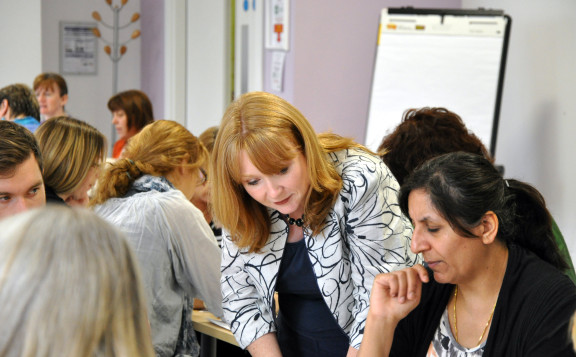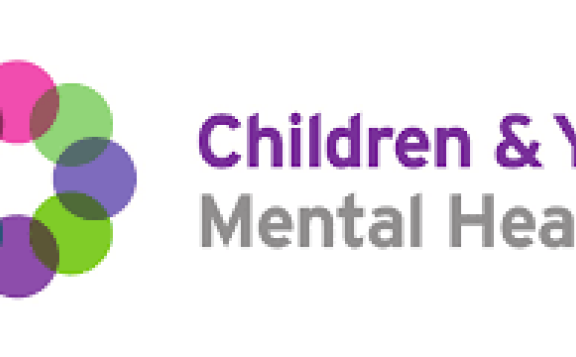Early Help Practitioner Programme
This is a comprehensive 4 day skills based training programme specifically developed for those working in Family Hubs and the Early Help workforce.
The course fits latest policy agendas and practice and meets multi agency and early intervention workforce needs. It supports learners to work effectively with children and families and provides them with an understanding of strong multi-agency and integrated working across partnerships. The training is practical with a focus on skills and strategy development, backed up by an understanding of what works and why. It will produce more confident and competent practitioners who are able to deliver positive and effective support.
The content and focus has been developed following feedback from partners and staff including police, health, school staff and those working in child and adult social care and the programme is constructed in a way that can be adapted to respond to local specific criteria and needs.
Effective Engagement and Communication
Learners consider engagement skills and practice. They will develop working in partnerships, the importance of trust, communication styles, boundaries, engaging family members who may be difficult to engage, challenge and safe relationship building. They will explore strategies to adapt and change communication styles to meet the needs of clients and situations. They will consider family function and support the workforce to move families towards change.
Learning outcomes:
- Understand the values and principles that underpin work with children and families
- Consider personal relationships within families and why they impact on family function
- Understand the nature of effective relationships with individuals and whole families
- Consider professional boundaries
- Ability to address barriers to involvement
- Understand the concept of unconditional positive regard and non-judgemental practice
- Understand worker resilience and self-management
- Be able to build effective relationships
- Be able to reflect on own practice
Skills to complete Family and individual Assessments, Tools and Planning
Learners will practice using skills and tools to gain assessment information, consider how to use different tools and when they are most appropriate to provide effective support. Practitioners will learn skills and strategies to hear the voice of the child and recognise and manage risk. Learners will develop clear SMART plans and support packages and develop skills and practice in attending and chairing ‘Team Around the Family’ meetings. They will practice questioning techniques to reflect and consider their appropriateness in differing situation. We will introduce tools and ideas to support engagement and address lack of progress including direct work tools for use with children and young people.
Learning outcomes
- Understand the process of an effective whole family assessment
- Consider strengths-based and child-centred approaches
- Understand why it is important to understand child development
- Understand how to use assessment tools to identify risk and assess needs of families
- Ability to create a family plan based on the assessment of needs
- Be able to reflect on own practice in completing a whole family needs assessment and family plan
Supporting individuals and families towards independence and self-reliance
Learners will explore the barriers for individuals and families in becoming independent and self-reliant and they will gain an understanding of how to address barriers to learning, education and employment. They will think about case drift and stuck cases and how to motivate families as well as the importance of endings and closures and the need to build appropriate exit strategies. They will consider how to build on their own resilience and understand how can this improve their work with individuals and families.
Learning outcomes
- Understand the importance of supporting individuals and families towards independence and self-reliance
- Understand the reasons behind lack of opportunities such as education, learning, training and employment in individuals and families
- Ability to address barriers to education, learning, training and employment within families
- Be able to reflect on own practice when supporting families towards independence and self-reliance
Read more about our Early Help Practitioner Programme
- All courses are offered on a Face to Face or Virtual basis.
- Bespoke & Open Training Courses Available.
Case Studies
-
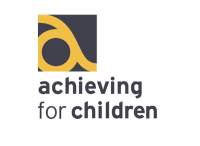
Richmond and Kingston - Achieving for Children Motivational Interviewing
Read MoreWe designed and delivered a programme of motivational interviewing to staff across Achieving for Children.
-
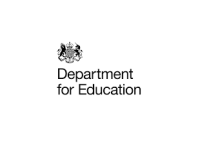
Social Work Teaching Partnerships evaluation
We were commissioned by the Department for Education to undertake an evaluation into the effectiveness of the Social Work Teaching Partnership programmeRead More -
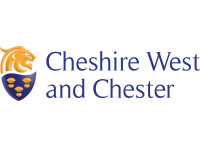
Chester West and Cheshire - Train the Trainer
Cheshire West and Chester had internally provided introductory Team around the Family training sessions to ensure that processes and responsibilities were clear.Read More -

Level 6 Coaching OPEN Training
Read MoreWe have a fantastically diverse group of people join our open training programme for those interested in providing coaching for improvement in either organisations or for individuals.
Cancellation Policy
Please see our cancellation terms / fees.


